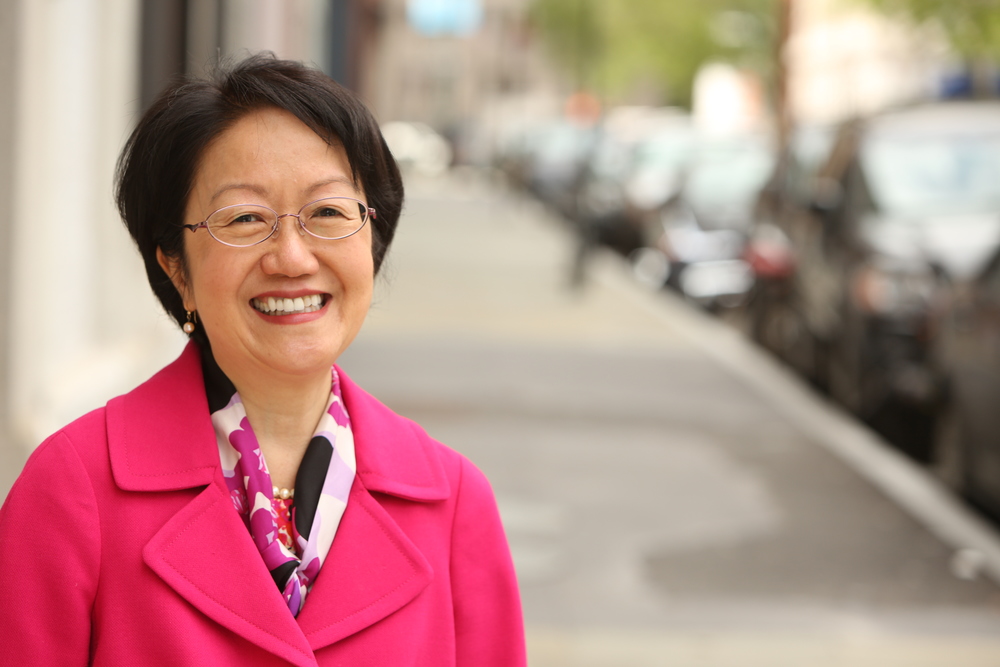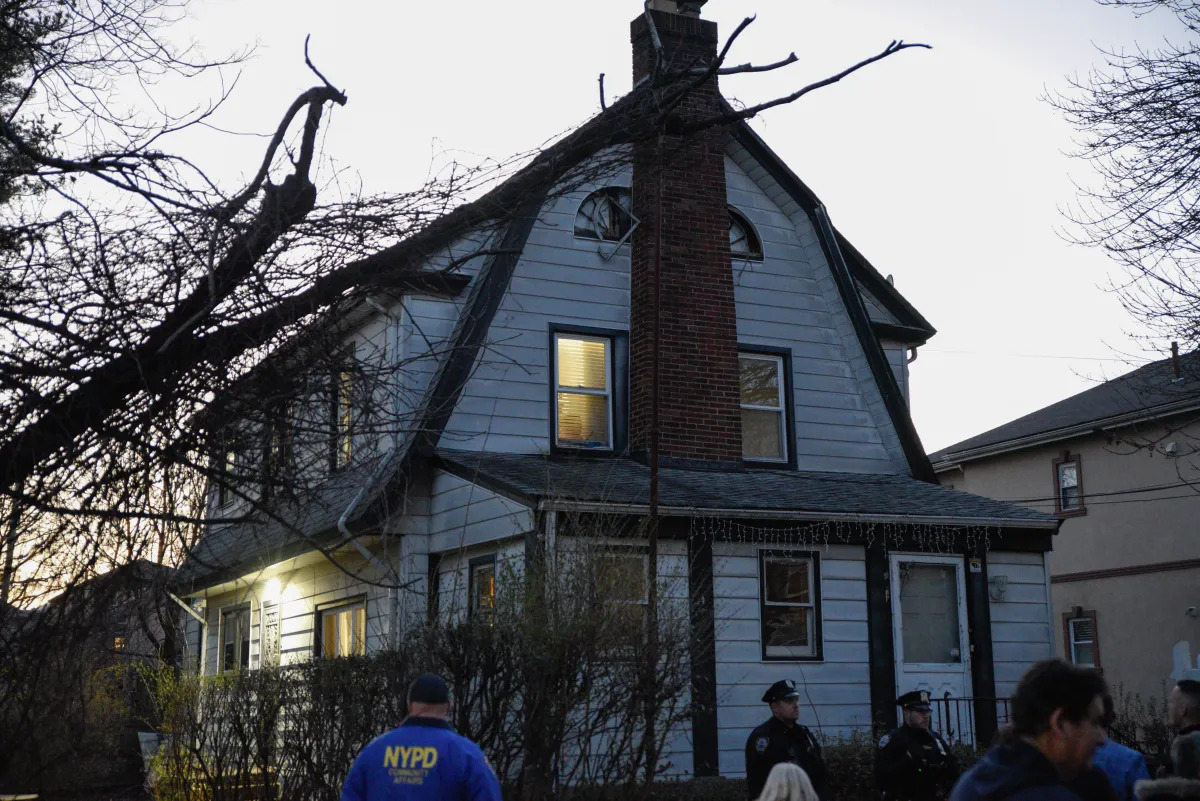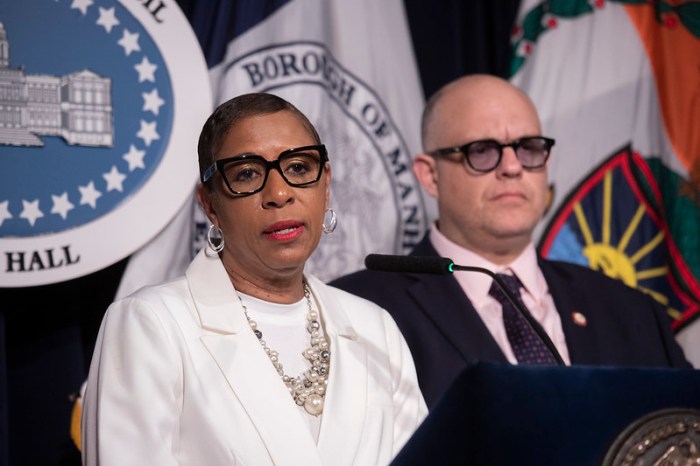BY SAM SPOKONY | Asserting it will help to protect seniors from wrongful eviction and abuse, City Councilmember Margaret Chin on March 12 introduced legislation that would increase the penalties against landlords caught harassing their tenants.
The bill would double the maximum fine for tenant harassment by increasing the penalties from the current range of $1,000 to $5,000 up to $5,000 to $10,000 per dwelling unit. Harassment can include refusal to make necessary repairs or accept rent payment, shutting off services like heat and hot water or threatening force.
The legislation would also create a “blacklist” for offending landlords, by requiring the city’s Department of Housing Preservation and Development to post information about the violations — including the building address and owner’s name — whenever properties are found to breach city laws against tenant harassment.
Chin, who chairs the Council’s Committee on Aging, noted that since many seniors are long-term residents of rent-regulated apartments — especially in Chinatown and the Lower East Side — they are frequent targets of landlords who hope to force them out in order to then sell or lease the units at market rate.
“This legislation puts the power back in the hands of the tenants by providing readily available access to records of landlord violations,” said Chin, in a March 12 statement. “With steeper fines and more comprehensive reporting of found violations, unscrupulous landlords will think twice before attempting to illegally drive seniors out of their homes.”
Jennifer Vallone, director of Project Home, an eviction prevention program run by the Lower East Side nonprofit University Settlement, said that around 30 percent of her cases involve seniors.
“Frivolous lawsuits against seniors, especially those living in rent-stabilized apartments, is something we see on a pretty regular basis,” she said. “A big problem for seniors in Chinatown and the Lower East Side is that many of them are more vulnerable to those actions because of their health or because they don’t speak English well.”
Vallone added that she believes stiffer penalties for tenant harassment are a positive step forward, but that she also believes that the city’s Housing Court should be acting faster to enforce those penalties.
“If a landlord is not doing what they should be doing, they should be held accountable in a timely fashion, which isn’t usually the case as far as I know,” she said. “It can take years sometimes.”
Also on March 12, Chin introduced two Council resolutions that would call on the state Legislature to pass laws aimed at stopping financial exploitation and physical abuse of seniors.
One of those resolutions focuses on a bill that has already been introduced in the state Assembly and Senate, which would allow banks to refuse payment from an account when there is reason to believe that the account holder is being exploited through a scam, forgery or identity theft.
Along with the fact that modern technology has increased the danger of scams, Chin stressed that cases of financial abuse against seniors can be difficult to investigate, since victims are often unaware of the exploitation, reluctant to come forward or incapable of giving proper consent to those controlling their finances. In addition, 64 percent of reported perpetrators of financial exploitation of a senior are actually family members, spouses or significant others, according to a 2013 study by the New York State Bureau of Adult Services.
“Financial institutions have a duty to safeguard seniors’ hard-earned savings, and I urge the state to authorize banks to fulfill that responsibility,” said Chin.
The councilmember’s other new resolution calls on the state Legislature to create and pass legislation that would require certain professionals to report suspected elder abuse — physical, psychological, sexual or financial — to authorities.
Those falling under that mandate, according to Chin, should include healthcare and social service workers, law enforcement officials, attorneys and investigators at district attorneysʼ offices and financial professionals.
Currently, New York is one of only four states in the nation that do not have such a mandatory reporting law when it comes to suspected elder abuse. And according to a 2011 report by the New York State Office of Children and Family Services, 120,000 seniors in New York City had at that time experienced abuse, but only one out of every 25 cases were officially reported.
“Mandatory reporting in these fields will shed much-needed light on a silent epidemic facing older adults in our city,” said Chin. “Vigilance and proactivity in healthcare, law enforcement and financial sectors will be invaluable in identifying elder abuse before it’s too late, bringing perpetrators to justice and connecting victims with the support they need to recover and rebuild.”


















